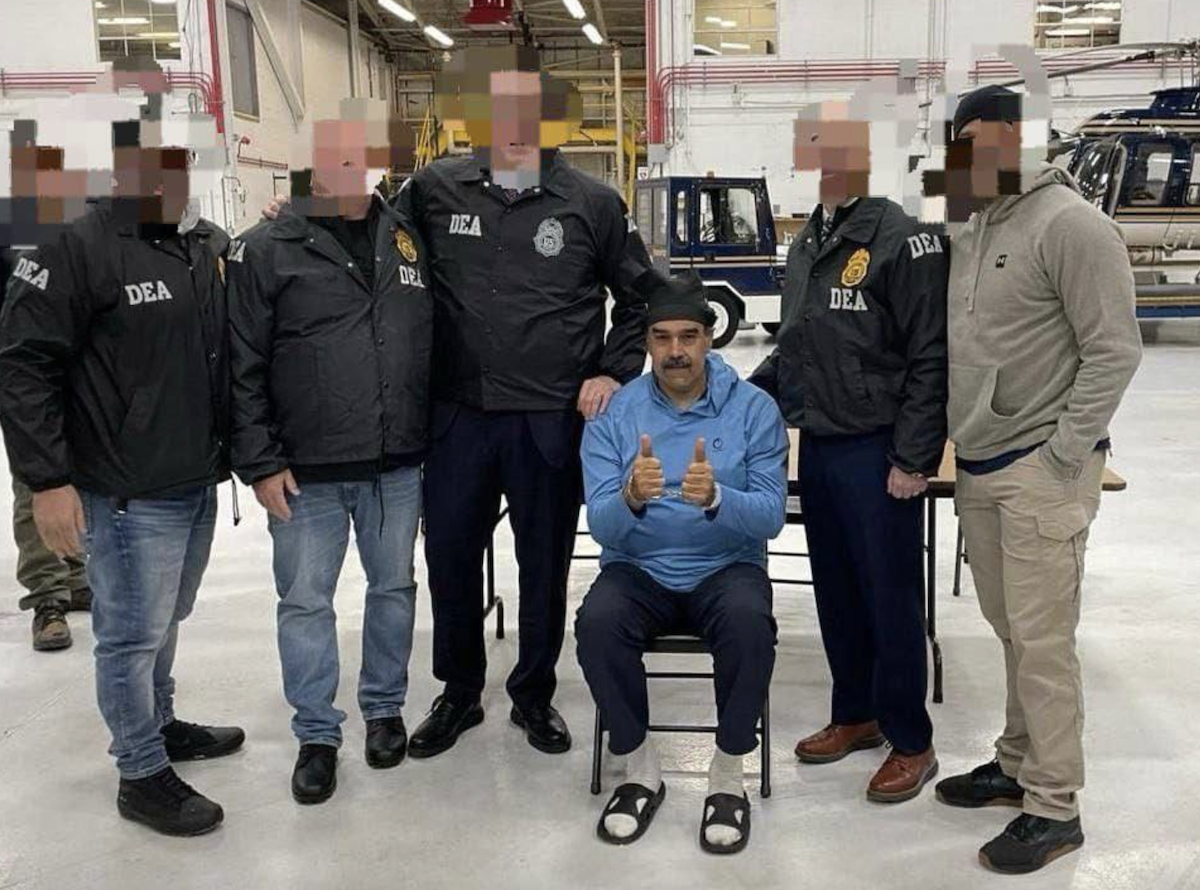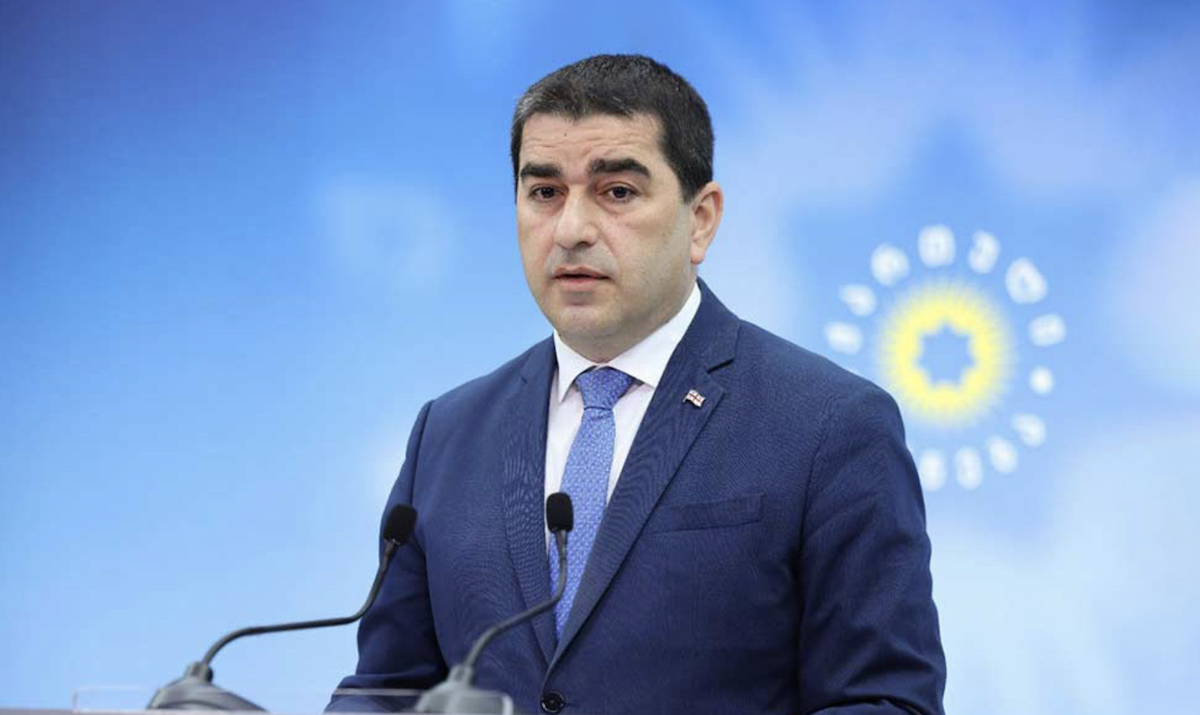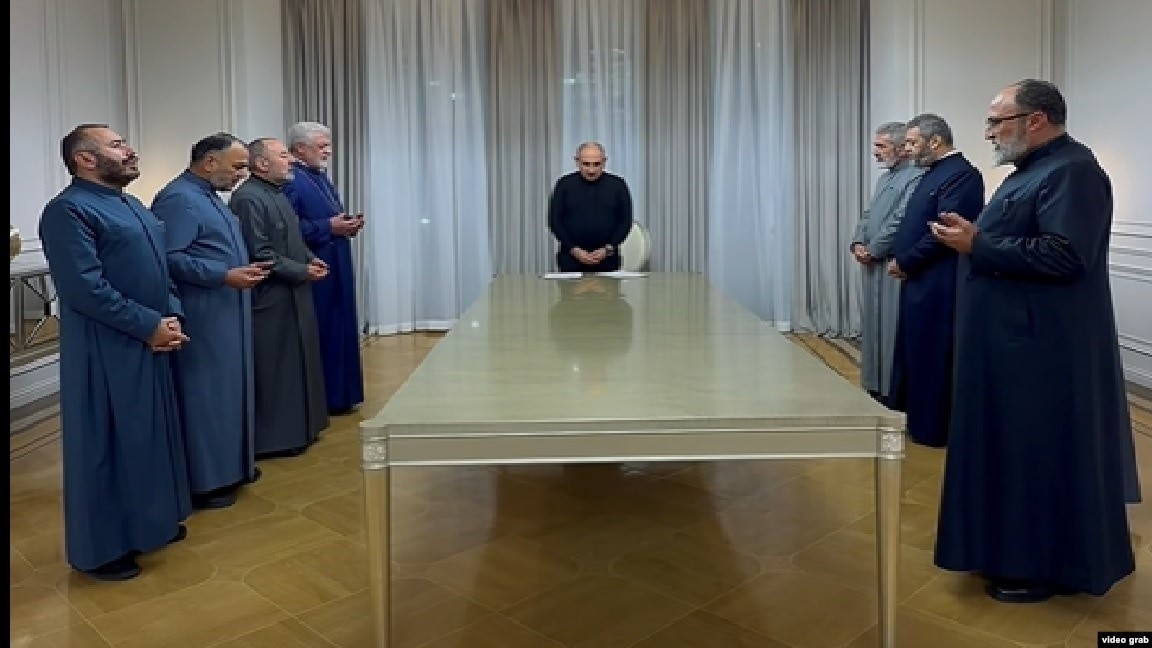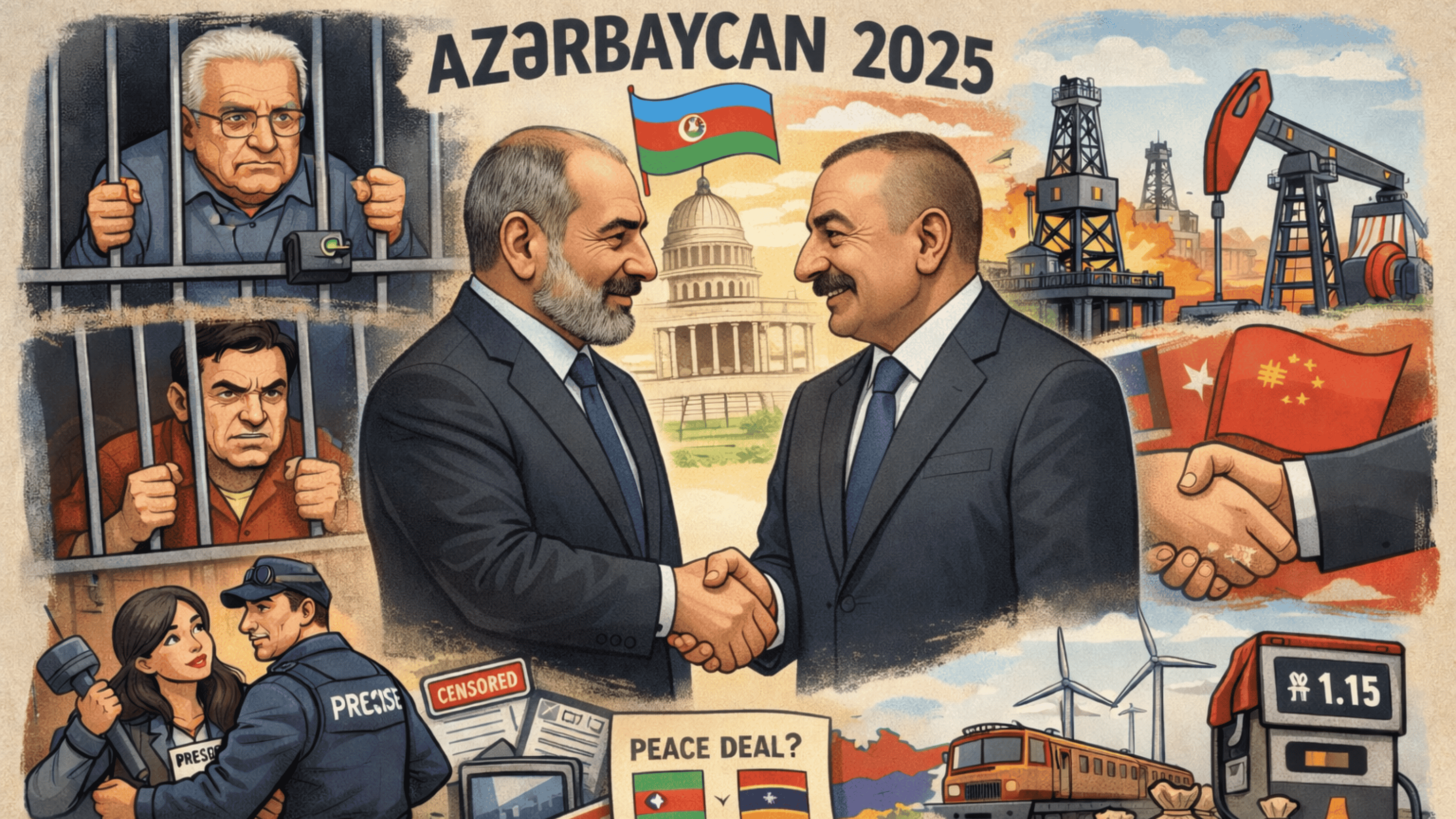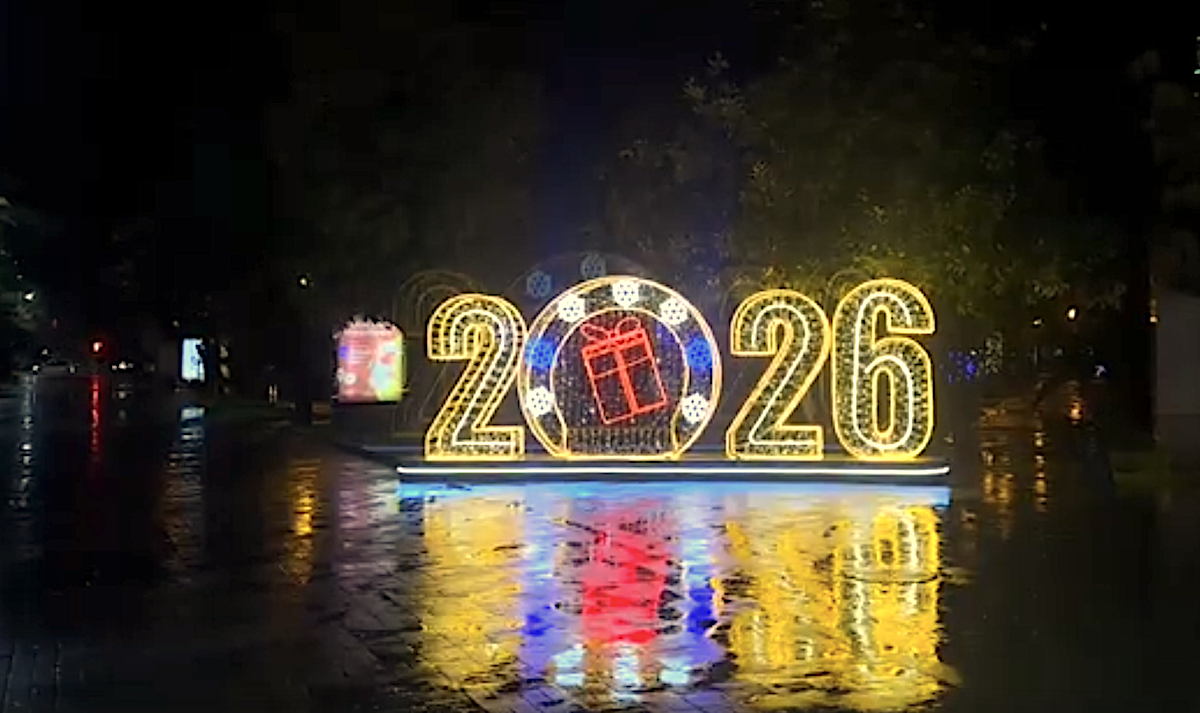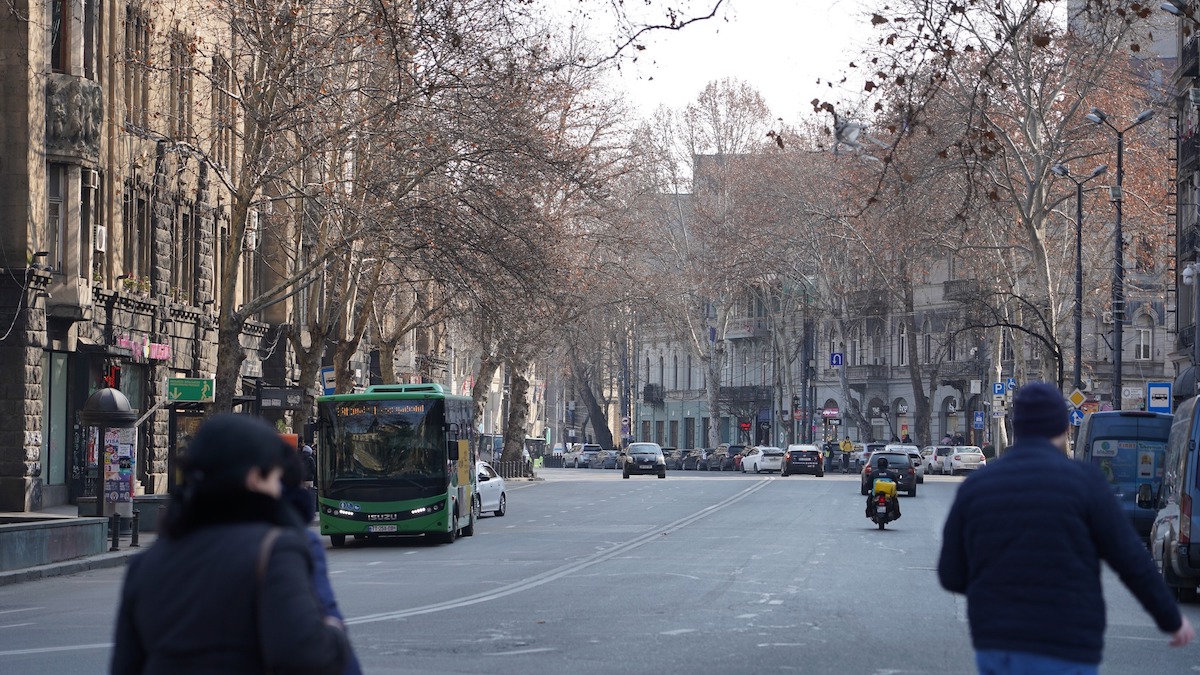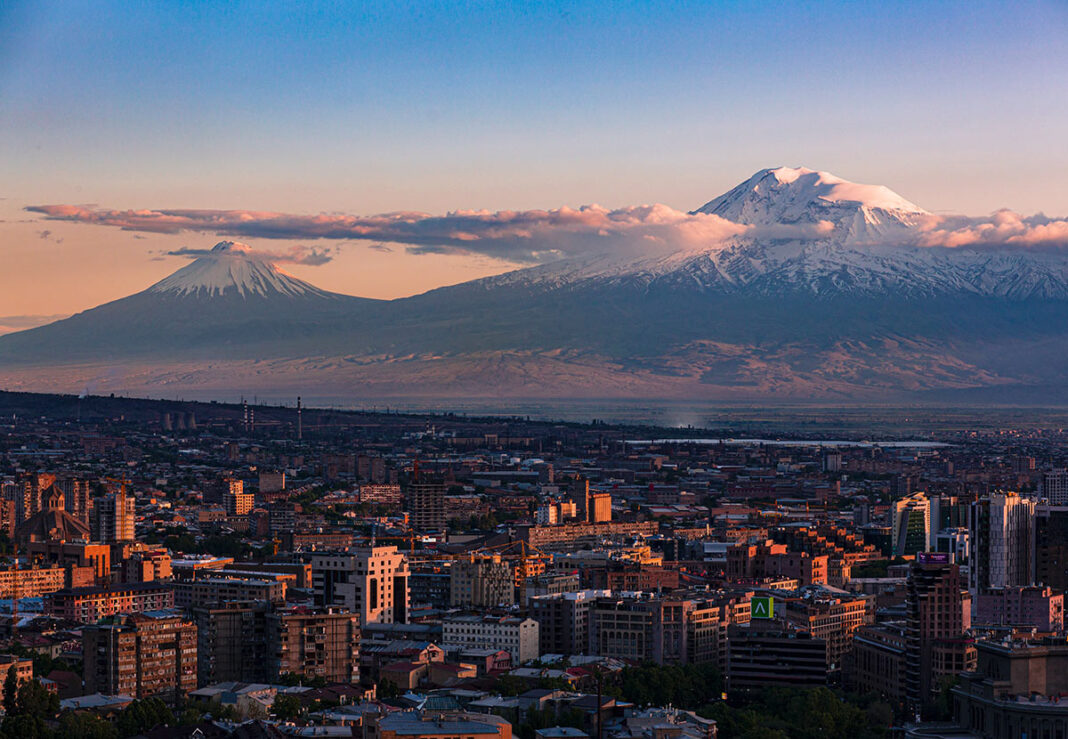Saakashvili the host
ZIK is the name of a Ukrainian TV channel, and “Other country” the name of a new political show to air on TV soon. Mikhail Saakashvili, the ex president of Georgia and ex governor of Ukraine’s Odessa Region, will be the talk show’s host.
Saakashvili took to Facebook the other day to say that the recording of the first “Other country” episode had just been finalized.
“The first program on ZIK came out with a bang,” he wrote. “Every week I am going to show you a Ukraine that you will never see on any other TV channel.”
He also posted photos offering some behind-the-scenes looks at how the program had been recorded. One of them shows him standing next to a dog house.
The prop was nothing incidental. It harked back to a recent statement by Ukraine’s president Petro Poroshenko. “While the government works hard to reform the country, its opponents are busy trying to destabilize it, because this is the only thing they are good at and ‘has never done so much as slap together a dog kennel,’” Poroshenko had said.
The talk-show will air once a week and feature live video phone-ins from across Ukraine allowing ordinary members of the public to have their say on issues of concern for the country, as well as the usual studio appearances by politicians and pundits.
Ukrainian Facebook users wrote:
“This is Mikhail Saakashvili’s only chance to shake up Ukraine’s media realms.”
“He will seek to unnerve Poroshenko and to propel him towards making new mistakes. [He may not have any difficulty doing this], because Poroshenko starts to have a nervous twitch at the mere mention of Saakashvili’s name.”
Why ZIK?
ZIK [the abbreviation stands for Western Information Corporation] is owned by a Lvov-based businessman, the honourable president of the Karpaty football club Petro Diminsky.
It is known for its criticisms of the mayor of Lvov, leader of the Samopomosch [“Self-help”] party Andrei Sadovoy. In 2015, shortly before the local elections, Sadovoy even threatened to sue the television for “composing a libelous lampoon” on him.
While formally it is not one of Ukraine’s ‘national broadcasters’, ZIK, founded in 2010, does broadcast nationwide, its programming delivered to audiences through 150 cable television providers. It focuses on journalistic investigations, and David Kipiani, a Ukrainian journalist of Georgian descent, is one of its key figures.
It is true ZIK has never made Ukraine’s top ten most popular TV channels, but it is one of a few local television channels that are not controlled by Poroshenko or people close to him. This is probably why Saakashvili chose it in the first place: the popular television channels are under Poroshenko’s ever-increasing control and are, expectedly, off limits to the oppositionist Saakashvili.
***In November 2016, just after he quit as governor, Saakashvili established a new political party called “Rukh novykh sil” [meaning ‘Movement of New Forces’]. Among its members is another Georgian politician – former deputy prosecutor general of Ukraine David Sakvarelidze.
Saakashvili’s ratings
Had Ukraine held a parliamentary election in December 2016, Saakashvili’s ‘Movement of New Forces’ wouldn’t have made it across the 5% electoral threshold into the Rada, according to findings of the Kiev-based International Sociological Institute whose pollsters put the party’s approval ratings at only 4,1% at the time.
In another survey – one that was conducted by the Olga Kucheriva Democratic Initiative Fund in late 2016 and probed Ukrainians’ sympathies for individual politicians, Saakashvili came sixth with only 4,5%, behind President Petro Poroshenko (9,5%), Prime Minister Vladimir Groisman (8%), opposition politicians Nadezhda Savchenko (7%), Oleg Lyashko of the Radical Party (6%) and Yulia Timoshenko, the leader of the Batkivschina party (5%).
Ukrainian experts say Saakashvili’s popularity ratings may since have improved.
Ukraine will be electing a new Rada in 2018, and Saakashvili means for his party to secure a place there.
He won’t be able to run for president though, falling short of the constitutional requirement for presidential candidates to have lived for at least 10 years in the country. He was made a citizen of Ukraine in May 2015, after conceding to become governor of the Odessa Region.











